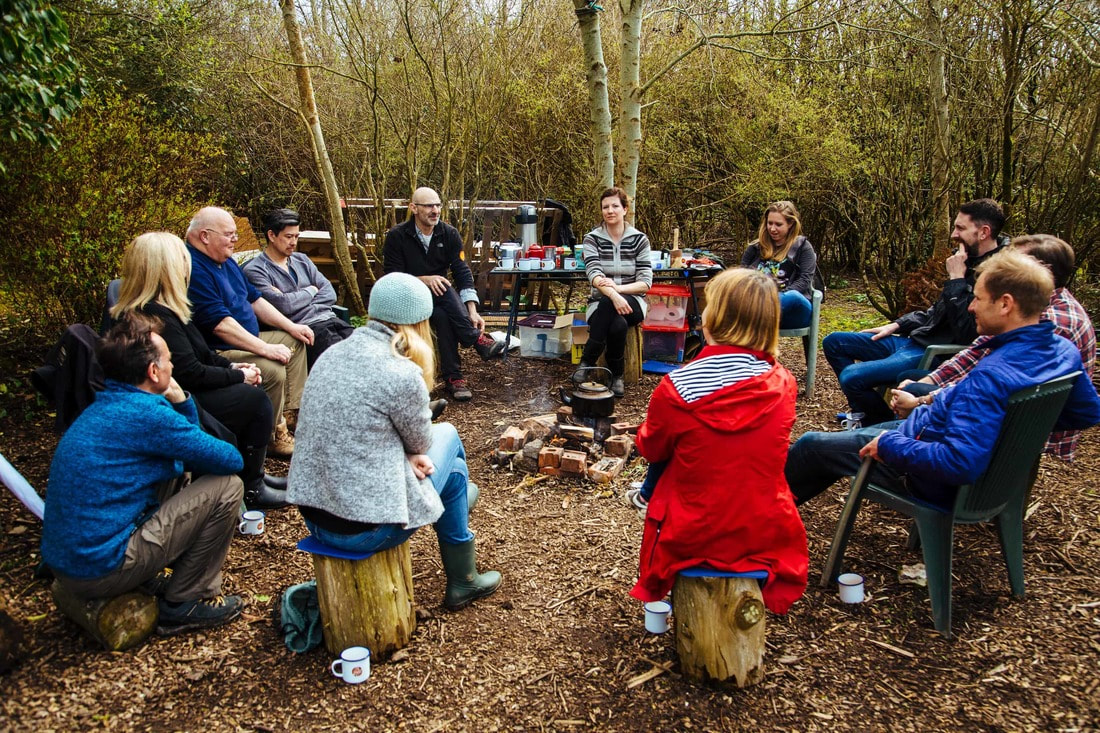Having a team meeting where you're honest and truly listen to each other can yield great results. It’s not always easy to do, so we asked business leaders about their experience of facilitating meaningful conversations with their teams.
Photo by Dylan Gillis on Unsplash
When was the last time you had an honest and meaningful conversation with your team?
A few weeks ago we asked 60 business leaders from a range of small, medium, and large organisations a series of questions about their experience of this with their teams. The responses showed lots of common issues that leaders face when working with their teams, but interestingly, a few immediately pushed back: “What do you mean by a meaningful conversation?” they asked. So first things first. What is a meaningful conversation?
A conversation with your team is meaningful if it nudges along your understanding - of each other and the situation - as well as influencing you in a significant way.
The conversation could be on anything from aligning on vision or goals, clarifying a key message, working out a new way of doing things, or deciding what to do next. What’s important is that a meaningful conversation requires an honest discussion - where you all feel safe enough to share your truth, really listen to each other, and allow the full meaning of what each other says to come out - so that everyone feels heard and understood. Even better if there’s some tangible impact and beneficial change as a result, moving you all forward towards what matters. Why a meaningful conversation with your team is important.
Having meaningful conversations with your team gives people an opportunity to share ideas, and the thoughts and opinions they might not have the chance to voice otherwise.
This is particularly important in the workplace, where a lot of communication happens digitally, and most conversations revolve around the practicalities of day-to-day work. Encouraging a deeper and honest dialogue with colleagues where you all really listen to each other and feel safe to share what you really think and feel, helps build relationships, resolve tensions, and can promote a new kind of collaborative energy and fresh thinking. In the busy day-to-day of projects and deadlines we don’t always make the time to have these kinds of discussions, but meaningful conversations can also help pave the way for increased productivity and better connections between people, which leads to more collaboration and delivery of better work as a result. And if you don’t find out how people really think and feel, your team could under-perform, especially when the pressure is on. What happens in practice?
Let’s say you have some action to take or a tricky challenge to solve, and you want ideas and input from your team, to find out what people think and feel, and get buy-in.
You arrange a meeting hoping to have real and honest dialogue, to harness the intelligence and creativity of your team, and to connect and talk beyond just reading words in an email or on a screen. But we’ve all been in team meetings where people didn’t really listen to each other or share what they really think, so you didn’t gain any new understanding, and no progress is made. When we asked business leaders a series of questions about their experience with meaningful conversations with their teams, there were common themes that emerged: 1. What’s the biggest frustration you find in trying to have meaningful conversations with your team?
When business leaders told us about their experience, these were the common frustrations:
2. What tips do you have for bringing your team together?
When we asked the business leaders what they've learned from trying to bringing their teams together, and for some tips on how to do it, this is what they said:
Conclusion
It’s clear from the responses we received that leaders feel it’s important to fit these types of conversations in, especially when so much about working in a team and getting things done together depends on having the right kinds of conversations, however challenging that might be. So we encourage you to make space for meaningful conversations, and to be curious, open, and interested in what your team has to say. If you truly listen to each other, be prepared to be amazed!
At School of the Wild we bring teams into nature for an outdoor team building away day, to take advantage of being away from day-to-day distractions, when everyone is feeling more relaxed and open, to facilitate a space for better conversations.
After all, you can't solve problems in the same place you created them. If you’d like some help with having a more meaningful conversation with your team get in touch here. Comments are closed.
|
Author & CuratorNigel Berman is the founder of School of the Wild. Archives
March 2024
|
Leaders |
About Us
Support |
|



 RSS Feed
RSS Feed



